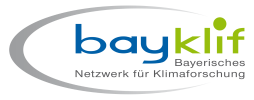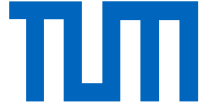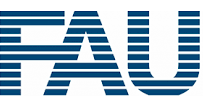About AquaKlif
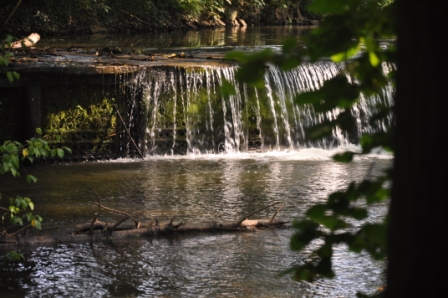 Bavarian rivers are among the most important and biodiverse ecosystems in our landscape. However they are also particularly sensitive to climate change. In the interdisciplinary project AquaKlif project partners investigate climatic stressors such as temperature, precipitation-related fine sediment input and varying runoff and their effects on water ecology and quality. The project aims to deliver solutions for management of potential climate related stressors to ensure the future health of aquatic ecosystems.
Bavarian rivers are among the most important and biodiverse ecosystems in our landscape. However they are also particularly sensitive to climate change. In the interdisciplinary project AquaKlif project partners investigate climatic stressors such as temperature, precipitation-related fine sediment input and varying runoff and their effects on water ecology and quality. The project aims to deliver solutions for management of potential climate related stressors to ensure the future health of aquatic ecosystems.
The project focuses on the headwater of upper reaches of river systems and investigates the effects of climatic influences on the hyporheic zone, the highly active reaction space in the transition zone between river and the environment. For this purpose, various typical study sites in the non-Alpine regions of Bavaria have been selected.
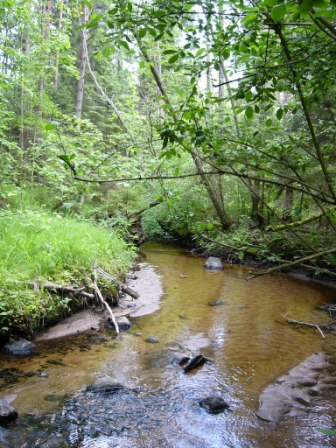
Seven subprojects are linked together by cross sectoral themes. In the research phase 2018-2021, the following cross-cutting topics are in focus:
- Mechanistic understanding of stressors
What exactly happens when different stress factors interact in an "artificial stream" experiment - and can this reaction be theoretically modeled and predicted? - Scale effects of stressors:
To what extent can the observations from flow channel experiments be observed in the hyporheic zone of real streams - and can the effects of stressors be transfered on entire regions of Bavaria? - Analysis of existing data on water quality
Which information can be derived statistically from the long-term monitoring series of water-chemical parameter measurements regarding the influence of climatic stress - and which effects are to be expected for the habitats in streams and rivers on the basis of future climate scenarios?
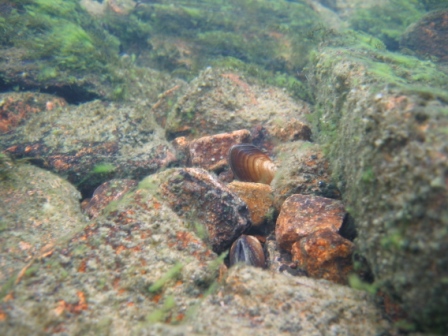
A mid-term project update (March 2021) is compiled here.
In the implementation phase 2021-2023, individual research projects are still ongoing and results are gradually being published in scientific journals (see list of scientific publications from AquaKlif).
The focus of the project work is now on dialogue and environmental education with various outreach activities in German language.
The work in the collaborative project is supported by experts with a wide range of expertise (see Expert project support).

